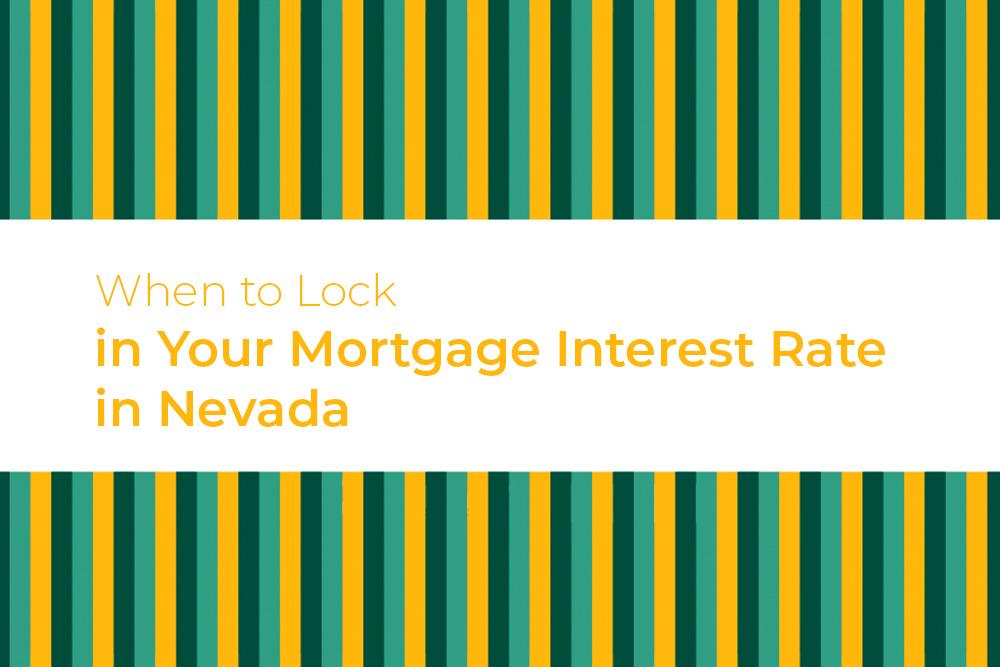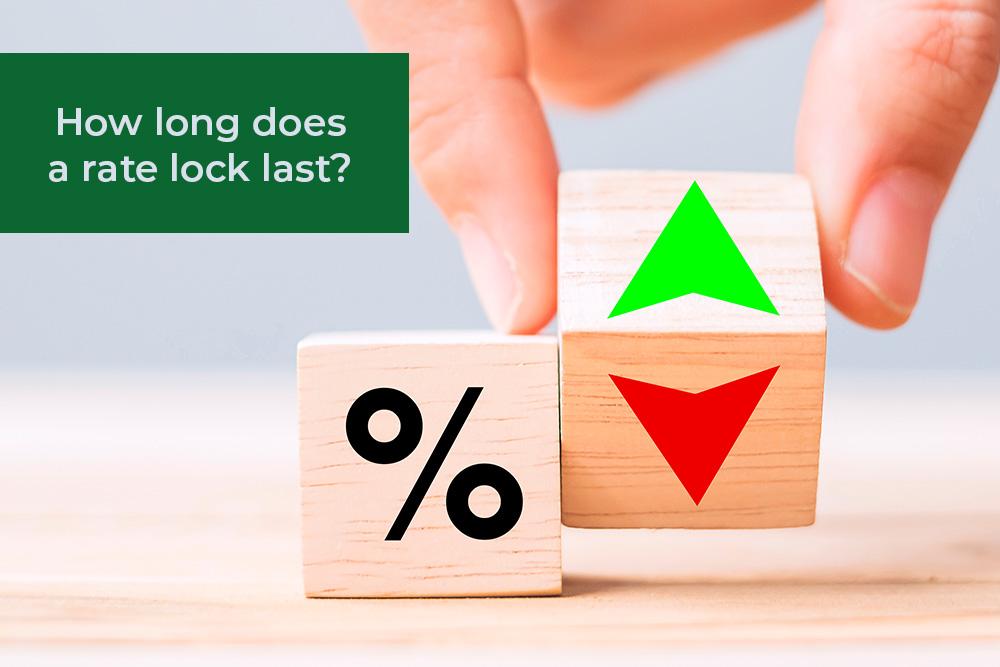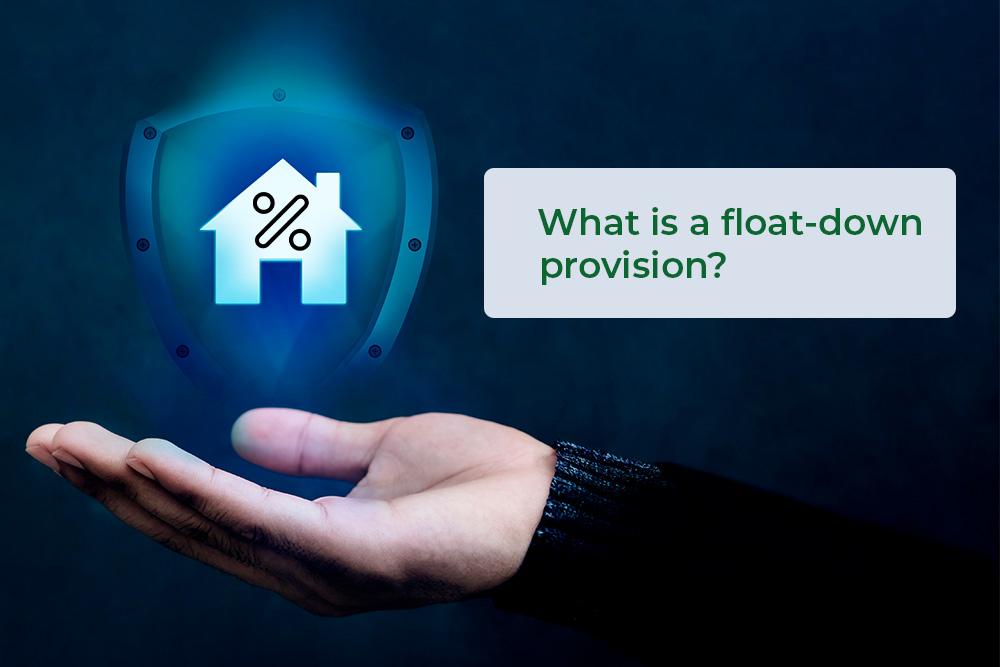
You’ve found the house you want, and now you are ready to purchase! However, financing is a significant aspect of buying a new home, and that includes interest payments. Shopping for interest rates can take time, and when you find a rate you like, you’ll want to keep it. So when and how should you lock in a mortgage rate?
Understanding a Mortgage Rate Lock
A mortgage rate lock secures an interest rate for a loan. A loan officer in Las Vegas can help you determine the best interest rates for your income and personal financial situation. The mortgage rate lock is an agreement between you and the lender. The agreement states that you will lock in the interest rate available with your loan when you start the loan, and you’ll make scheduled payments to repay the loan along with the interest rate. The interest rate lock is similar to a fixed-rate loan in that you don’t have to worry about rising or fluctuating interest rates when you have the loan.
Benefits of a Loan Lock
Along with guaranteeing the interest rate for your mortgage in Las Vegas, there are other benefits of a rate lock as well. Locking in a loan can help you avoid other fees associated with the loan, including a lock fee. The lock fee is a payment the lender may charge if the borrower doesn’t secure the interest rate. The lock fee acts as a form of insurance for the lender in case the interest rate rises beyond what the borrower can pay. If you don’t lock in the interest rate, the lender may also charge a higher interest rate upfront as a form of risk mitigation. Again, this additional fee is a form of protection for the lender in case the interest rate of the loan increases during its lifetime beyond what the borrower can pay.
How long does a rate lock last?

If you want to know the exact specifications of your rate lock, check with a loan officer in Las Vegas. Most rate locks last 30-60 days. You may also find a good deal where you get a lock with a float-down provision, which lets you pay a lower interest rate per month without having to worry about rate increases.
What if I change my mortgage?
A mortgage rate lock follows the mortgage that you sign up for initially. That means the lock can also change if you change any aspect of the mortgage. If you don’t change anything with the loan, you will pay the set rate for as long as the loan lasts, regardless of whether there are market changes. However, the mortgage rate lock may become obsolete if anything changes with the original loan, such as if you switch to a new loan or any information changes on your application. Additionally, if the home’s appraised value changes or if your credit score changes, the mortgage rate lock may also change. If the home’s value changes, that is another factor to consider, as the interest rate that you were previously paying may be lower or higher based on the home’s new value.
What is a float-down provision?

The float-down provision is a feature associated with mortgage rate locks that can work in the borrower’s favor. With this provision, you have the option to pay a lower interest rate instead of a higher interest rate than you initially signed up for. Although you may end up paying less each month in interest going this route, keep in mind that you may have to pay an additional fee to switch to this provision. As with other aspects of the loan, the lender considers it a risk if you choose to pay the lower interest rate available in case you can’t pay for an increase in interest rates if they do occur.
While the set period for your mortgage lock may vary, it should, at a minimum, cover the period of time that it takes the lender to process your application. Sometimes, you may find a shorter rate lock period if it takes the lender less than a month to process the application. If you decide that you like having a fixed rate and want to keep that rate even when the application processing period ends, you may be able to pay your lender a fee to extend the rate for a while longer. You may also keep the rate locked if you pay a slightly higher fee.
Are there risks to a mortgage rate lock?
Mortgage lenders in Las Vegas warn that while there are certainly many benefits to having a mortgage rate locked in place, there may also be some risks associated with a locked rate. One of the biggest risks is that with a rate lock, you end up paying the same amount of interest each month, which means that if the interest rates drop after you take out the loan, you’ll still be paying a higher interest rate. Additionally, as with taking out any kind of loan, mortgage lenders in Las Vegas will want to make sure that they are protected from financial harm in case you can’t pay your loan or interest rate. If you take out a long-term loan with a set interest rate, you are obligated to make those minimum payments each month. If you can’t, you risk encountering financial penalties. Lenders may impose other penalties as well, such as requiring a fee if you break the agreement or charging more money for failing to process all requisite paperwork on time.
Another consideration is that the lock period for a mortgage in Las Vegas is usually 60 days unless you request (and are granted) an extension. There may be instances where the lock period ends, but the mortgage has not closed, so you may be stuck paying higher interest rates.
How to Lock a Mortgage Rate

If locking in a mortgage rate sounds appealing, there are some steps to take to finalize the process:
- Set up an account
- Research mortgage solutions
- Check for a mortgage approval
- Lock in rates online
First, you’ll need to set up an account, which a loan officer in Las Vegas can help with. Then, do some shopping to look for mortgage solutions with terms and rates that you like. The next step is checking for mortgage approval with mortgage lenders in Las Vegas. Finally, it’s time to lock in a rate. The fastest and easiest way to do that is to contact a mortgage lender or loan officer to secure the rate you want online.
Saving Money Through a Mortgage Rate Lock
No matter what kind of loan you choose or the duration of your rate lock period, you can save money with a mortgage rate lock. This year, the first day to lock in a rate with a new loan-level price adjustment (LLPA) is March 9th, and the last day to lock a rate with a current LLPA is March 8th. If you want to know “where can I find a loan officer near me?”, contact us today!









